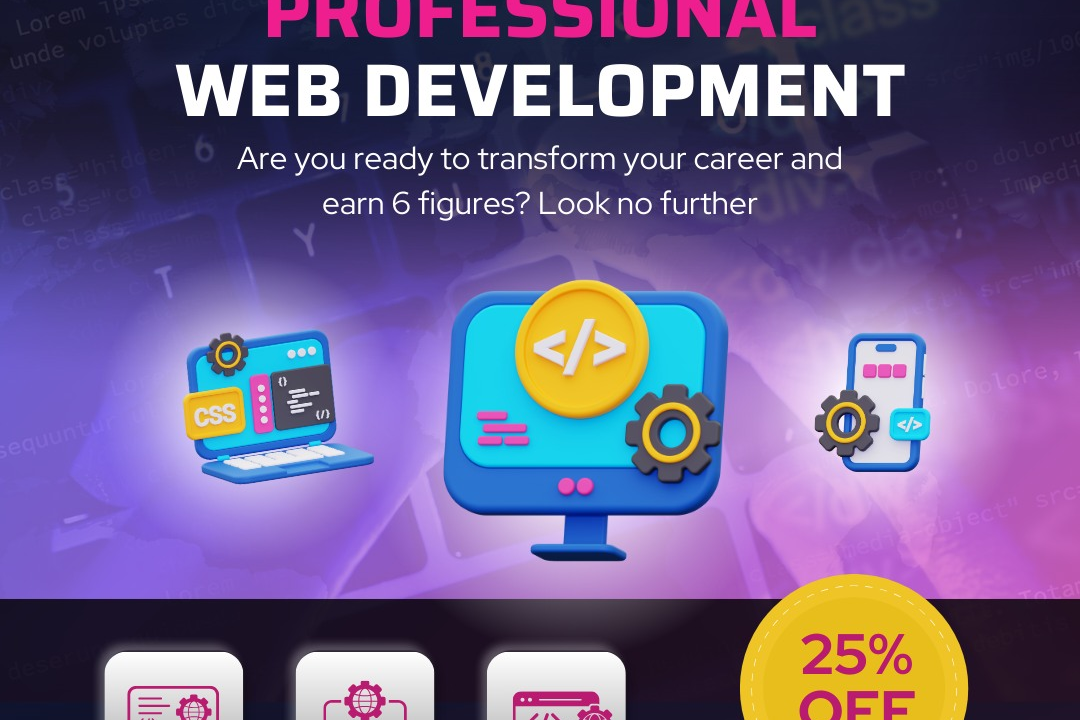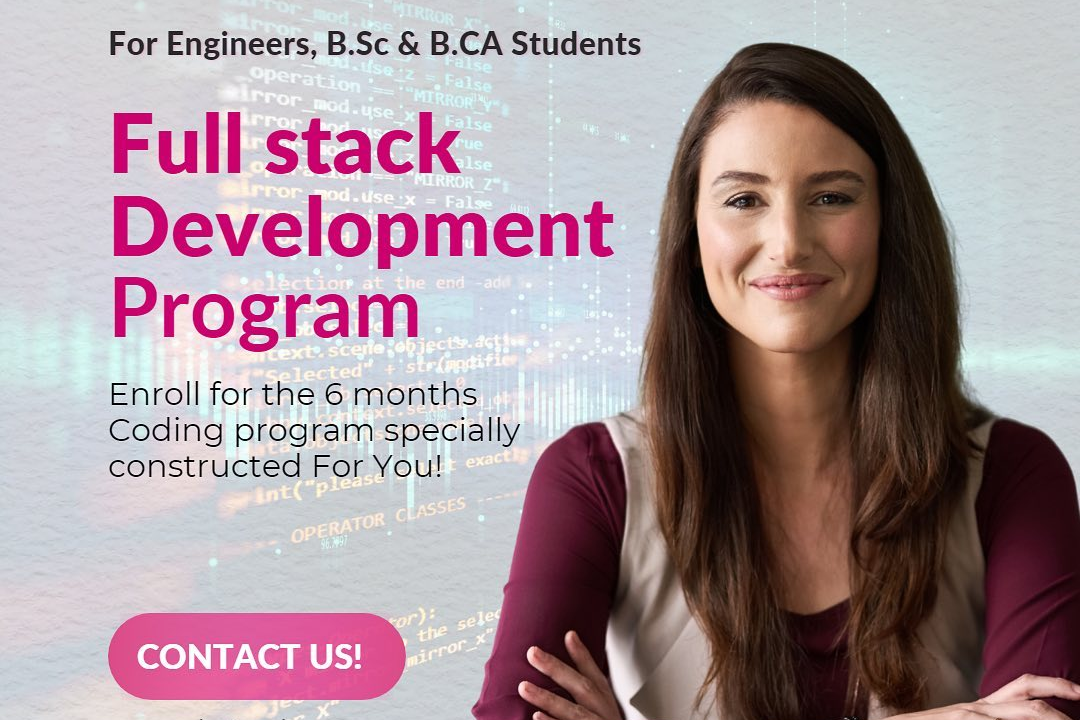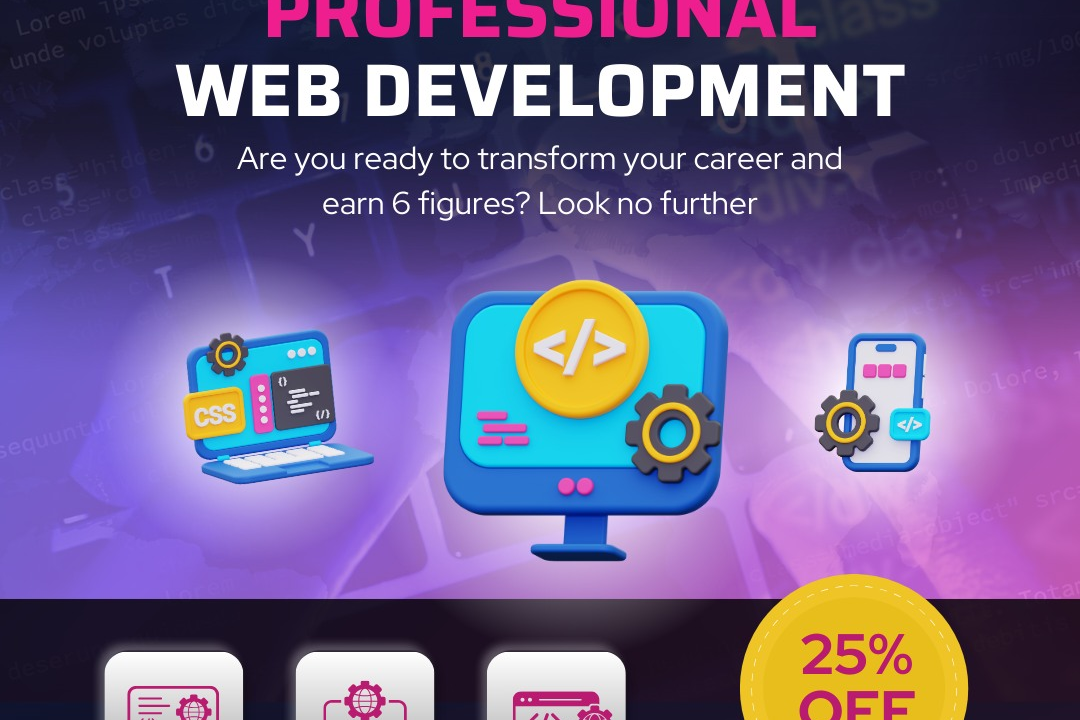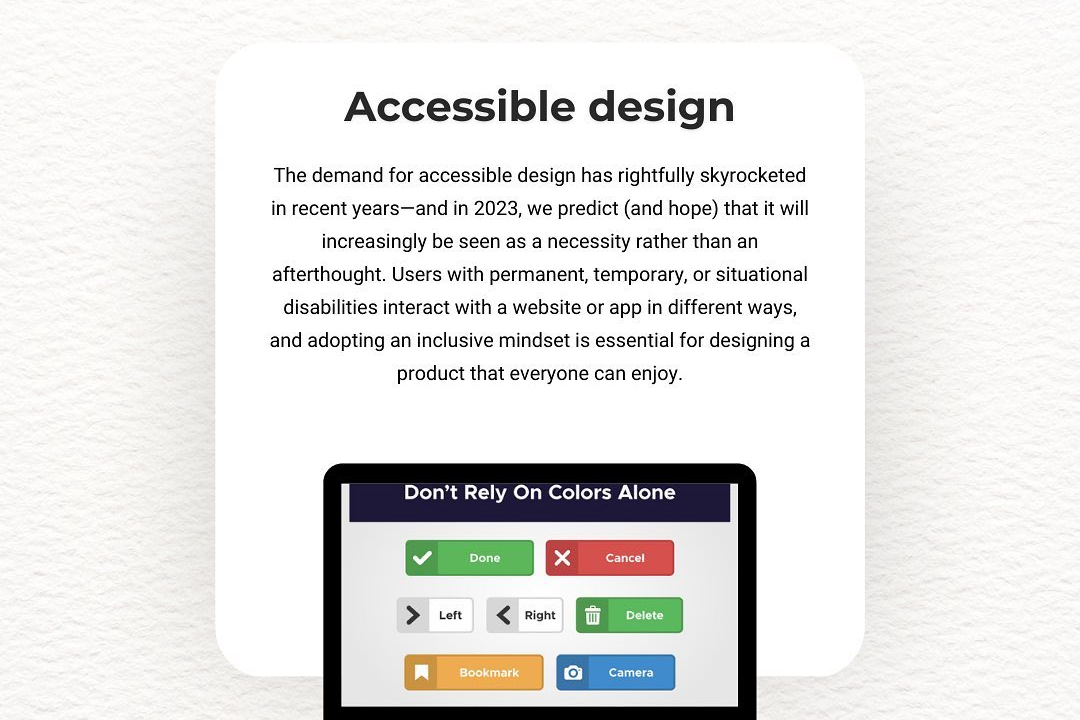create pattern programs in PHP
Creating pattern programs in PHP involves writing code that generates specific visual patterns using
create pattern programs in PHP
Creating pattern programs in PHP is an excellent way to enhance programming skills and improve problem-solving abilities. These exercises encourage logical thinking and deepen understanding of control structures such as loops and conditionals. By developing various patterns, learners become proficient in handling iterative processes and manipulating output formats, which are crucial skills in web development. Additionally, creating visually appealing patterns helps clarify complex programming concepts, making it a fun and engaging way to practice coding while preparing for real-world programming challenges.
To Download Our Brochure: https://www.justacademy.co/download-brochure-for-free
Message us for more information: +91 9987184296
Creating pattern programs in PHP is an excellent way to enhance programming skills and improve problem solving abilities. These exercises encourage logical thinking and deepen understanding of control structures such as loops and conditionals. By developing various patterns, learners become proficient in handling iterative processes and manipulating output formats, which are crucial skills in web development. Additionally, creating visually appealing patterns helps clarify complex programming concepts, making it a fun and engaging way to practice coding while preparing for real world programming challenges.
Course Overview
The “Create Pattern Programs in PHP” course at JustAcademy is designed to provide learners with a comprehensive understanding of pattern generation using PHP. Throughout this course, participants will explore fundamental programming concepts such as loops, conditionals, and functions while engaging in hands-on projects that challenge their creativity and logical thinking. By working on various pattern designs—from simple star patterns to more complex geometric shapes—students will not only enhance their coding skills but also develop a strong problem-solving mindset. This course is ideal for both beginners and experienced programmers looking to refine their PHP expertise and apply their knowledge to real-time projects effectively.
Course Description
The “Create Pattern Programs in PHP” course at JustAcademy offers an engaging introduction to programming through the lens of pattern generation. Participants will learn to harness the power of PHP to create a variety of visually appealing patterns, enhancing their understanding of fundamental programming concepts such as loops, arrays, and conditional statements. Through hands-on projects, learners will develop practical coding skills while cultivating a creative approach to problem-solving. This course is perfectly suited for beginners and intermediate developers eager to elevate their PHP programming proficiency while working on real-world applications.
Key Features
1 - Comprehensive Tool Coverage: Provides hands-on training with a range of industry-standard testing tools, including Selenium, JIRA, LoadRunner, and TestRail.
2) Practical Exercises: Features real-world exercises and case studies to apply tools in various testing scenarios.
3) Interactive Learning: Includes interactive sessions with industry experts for personalized feedback and guidance.
4) Detailed Tutorials: Offers extensive tutorials and documentation on tool functionalities and best practices.
5) Advanced Techniques: Covers both fundamental and advanced techniques for using testing tools effectively.
6) Data Visualization: Integrates tools for visualizing test metrics and results, enhancing data interpretation and decision-making.
7) Tool Integration: Teaches how to integrate testing tools into the software development lifecycle for streamlined workflows.
8) Project-Based Learning: Focuses on project-based learning to build practical skills and create a portfolio of completed tasks.
9) Career Support: Provides resources and support for applying learned skills to real-world job scenarios, including resume building and interview preparation.
10) Up-to-Date Content: Ensures that course materials reflect the latest industry standards and tool updates.
Benefits of taking our course
Functional Tools
1 - Integrated Development Environment (IDE)
An Integrated Development Environment (IDE) is essential for writing and testing PHP code efficiently. Popular IDEs like PhpStorm, Visual Studio Code, and NetBeans offer features such as syntax highlighting, code completion, and debugging tools. Students will learn to navigate these IDEs to streamline their coding process, enabling them to focus more on logic and pattern creation rather than getting bogged down by manual programming tasks. The use of built in version control facilitates collaborative work and provides a structured way to manage changes in their code.
2) Version Control System (Git)
Git is a widely used version control system that allows developers to track changes in their code, collaborate with others, and manage project versions. In this course, learners will understand the concept of repositories, branches, and commits. They will practice creating their own repositories on platforms like GitHub or GitLab, enabling them to share their pattern projects effectively. Mastering Git not only enhances project management skills but also prepares students for real world collaborative environments where source control is indispensable.
3) XAMPP or MAMP
XAMPP (Cross Platform, Apache, MySQL, PHP, Perl) and MAMP (Macintosh, Apache, MySQL, PHP) are easy to install software packages that provide a local server environment for running PHP applications. Throughout the course, students will set up XAMPP or MAMP on their computers to perform hands on exercises and projects. This hands on experience is crucial as it mimics real server environments, allowing students to test their pattern programs seamlessly and understand server side functionality, including database interactions.
4) Browser Developer Tools
Web browsers come equipped with powerful developer tools that allow coders to inspect HTML/CSS and run JavaScript directly within the browser. Students will utilize these tools to analyze the output of their PHP generated patterns in real time. Features like the console, and network monitors help diagnose issues and refine their programs. Familiarizing themselves with browser developer tools helps learners understand the client side behavior of their patterns, further solidifying their coding skills.
5) Online PHP Documentation
PHP's official documentation is an invaluable resource for developers at all levels. Throughout the course, students will be encouraged to reference online documentation to explore PHP functions, syntax, and best practices. Learning to navigate this documentation effectively will empower students to troubleshoot issues, discover new functionalities, and enhance their pattern creation techniques based on up to date information. This emphasis on self directed learning promotes greater independence and resourcefulness in their coding journey.
6) Image Editing Software
While PHP is primarily a server side language, integrating visual elements enhances the user experience. Students might use image editing software such as Adobe Photoshop or GIMP to create graphics or visual patterns that complement their code. Understanding how to prepare images for the web ensures that their projects not only work functionally but are also aesthetically pleasing. This mix of coding and design encourages creativity and innovation, which is essential for comprehensive web development skills.
7) Database Management Systems (DBMS)
An essential aspect of web applications is data storage and management. Students will gain hands on experience with popular databases like MySQL, PostgreSQL, or SQLite. They will learn to create, read, update, and delete (CRUD) operations using SQL within their PHP projects. Understanding how to interact with a database will empower students to develop dynamic web applications that can store user data, maintain session information, and manage various content types. This knowledge not only enhances their programming skills but also prepares them for real world applications.
8) PHP Frameworks
Familiarity with PHP frameworks like Laravel, CodeIgniter, or Symfony can significantly accelerate development by providing various tools and libraries for common tasks. This course will introduce students to the concepts of MVC (Model View Controller) architecture, routing, and templating systems present in these frameworks. By working on small projects using a framework, learners will understand how structured coding practices promote code reusability and maintainability, essential in professional environments.
9) Web Hosting Services
Understanding how to deploy a PHP application is crucial for real world experience. This course will cover the basics of web hosting services, including shared hosting, VPS (Virtual Private Server), and dedicated hosting options. Students will learn how to set up their domain, upload files using FTP (File Transfer Protocol), and ensure their applications run smoothly online. Understanding deployment practices teaches students the importance of application performance, security measures, and scalability.
10) RESTful APIs
Modern web applications often interact with various services through APIs (Application Programming Interfaces). In this course, students will learn how to create and consume RESTful APIs using PHP. They will explore concepts such as HTTP methods, status codes, and JSON formatting. Gaining expertise in API integration will enable students to connect their projects with external services and data sources, significantly enhancing the functionality and interactivity of their applications.
11 - Responsive Web Design
With the rise of mobile devices, creating responsive layouts is a must have skill for web developers. This course will cover the principles of responsive web design, including the use of CSS frameworks like Bootstrap or Foundation. Students will learn how to write media queries and implement fluid grid layouts, ensuring their PHP applications look great on devices of all sizes. This understanding promotes better user experience and accessibility, vital components in modern web development.
12) Content Management Systems (CMS)
Familiarity with popular content management systems like WordPress or Joomla will be beneficial for learners looking to build applications that require user interaction, such as blogs or e commerce platforms. This segment of the course will expose students to the fundamentals of CMS architecture and custom plugin development using PHP. By understanding how CMSs work, students will be equipped to leverage existing tools to jump start their projects or even customize them for specific needs.
13) Security Best Practices
In a time where data breaches are commonplace, understanding security is paramount for any developer. The course will cover essential security practices such as data validation, sanitization, and the use of prepared statements to guard against SQL injection. Additionally, students will explore session management and encryption solutions to protect sensitive data. Familiarity with these practices will instill a security first mindset, ensuring that their applications are robust against potential threats.
14) Testing and Debugging
Learning to test and debug applications effectively is crucial for producing high quality code. Students will practice various techniques, including unit testing with PHPUnit, debugging with Xdebug, and error handling in PHP. Understanding how to identify bugs and rectify them, alongside writing tests, will enhance their code reliability and make them better equipped for development tasks in real world environments.
15) Soft Skills and Team Collaboration
In addition to technical skills, effective communication and collaboration are essential in software development projects. The course will include practices such as code reviews, pair programming, and project management methodologies like Agile or Scrum. These skills will prepare students for collaborative work environments, ensuring they can seamlessly integrate into teams and contribute effectively to group projects.
By including these additional topics in the course curriculum, JustAcademy ensures that students gain a comprehensive understanding of PHP development, preparing them for a successful career in web development.
Browse our course links : https://www.justacademy.co/all-courses
To Join our FREE DEMO Session:
This information is sourced from JustAcademy
Contact Info:
Roshan Chaturvedi
Message us on Whatsapp:
Email id: info@justacademy.co
What Software Background Is Required To Learn Power Bi Tool
addition program of array in PHP












